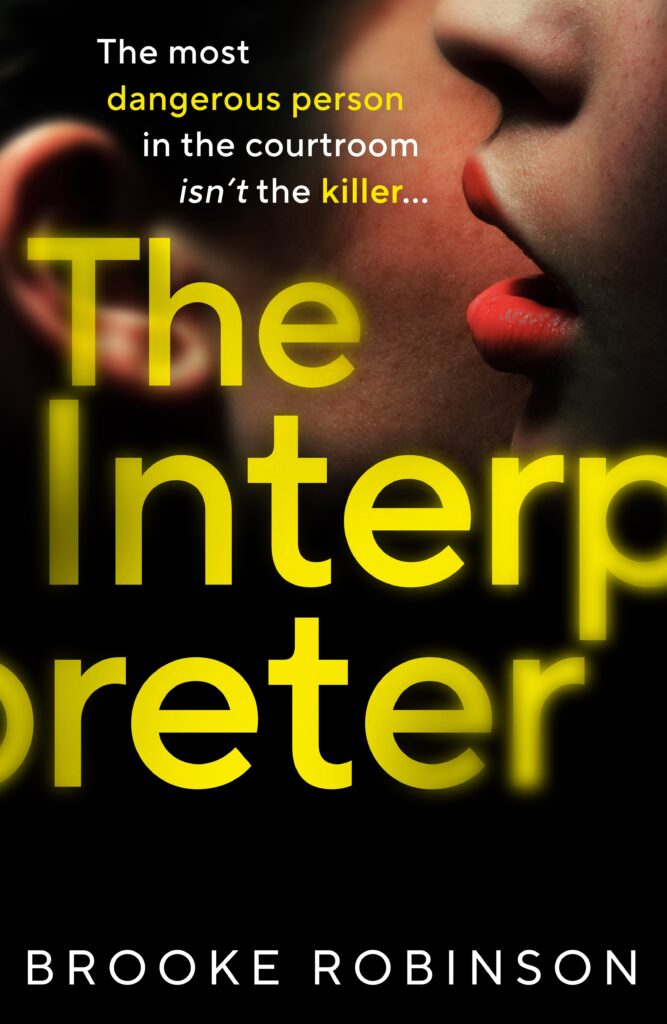I’ve been writing seriously for about ten years now and almost every one of my plays, and now novels, has begun with something I’ve read in a newspaper or heard on ABC Radio National. In 2015 I came across an article in The Guardian’s ‘Experience’ column written by an interpreter in the criminal justice system and I was immediately intrigued and knew I was going to write about this fascinating and high-stakes profession.
I’d never given any thought to the work of interpreters before. It had not occurred to me that they translate in the first person, ‘I’, and for interpreters in the justice system, this can mean speaking for and as murderers, terror suspects, witnesses, and victims of violent crimes. I couldn’t stop thinking about what it would feel like to spend your working life speaking as, effectively being someone else, even when that person’s actions went against your sense of right and wrong.
I couldn’t settle on a story, so I put the idea in my metaphorical drawer until the pandemic hit. Then, I read everything I could get my hands on about the work of interpreters. I dove deep into the world of forensic linguistics, specifically reading the work of linguists who study how the presence of an interpreter impacts criminal trials and police interviews. For the previous ten years, I had either been a student myself or worked as a university administrator, so I was lucky enough to have access to academic databases and journals that were essential to my research.

I read about studies where linguists worked with local police forces in the UK to test where in the interview room when a suspect speaks limited English, should their interpreter be seated. It seems that where the interpreter is physically positioned in the room – beside the person who is being questioned, or across from them etc – can affect the outcome of a police interrogation. Imagine this person with limited English is being accused of a murder they did not commit, or imagine that they’re guilty. A thing so small as manoeuvring a chair could apparently alter the course of someone’s life.
I tend to do ongoing research as I re-draft my work, but for me, it’s necessary to do a reasonable amount first before I start writing, but not too much so that things go stale. It can be difficult to know where that sweet spot is. What I’m aiming for is a level of familiarity with the world and work of my characters so that I can write fluently, and with confidence. Confidence is crucial.
More info here.
